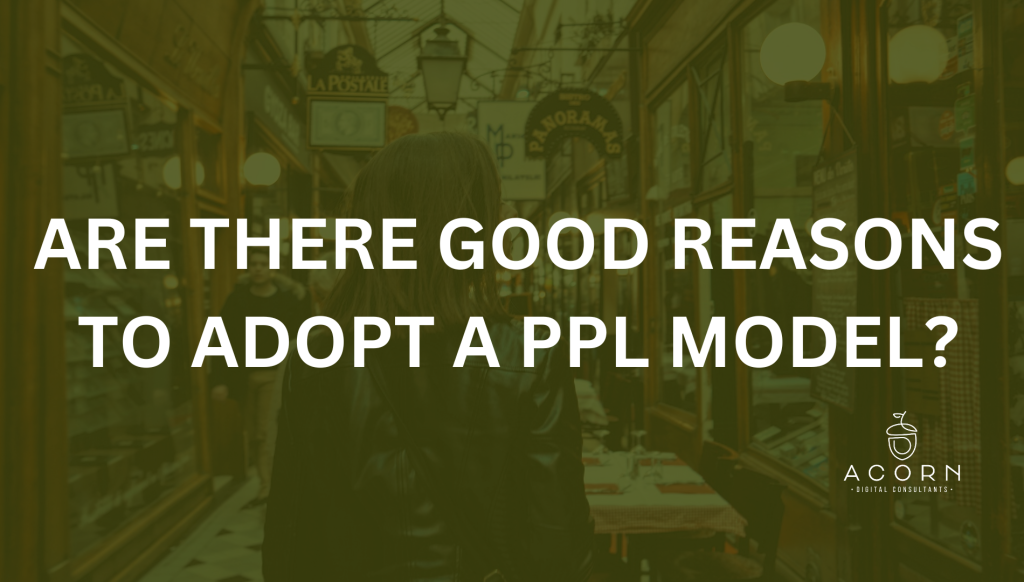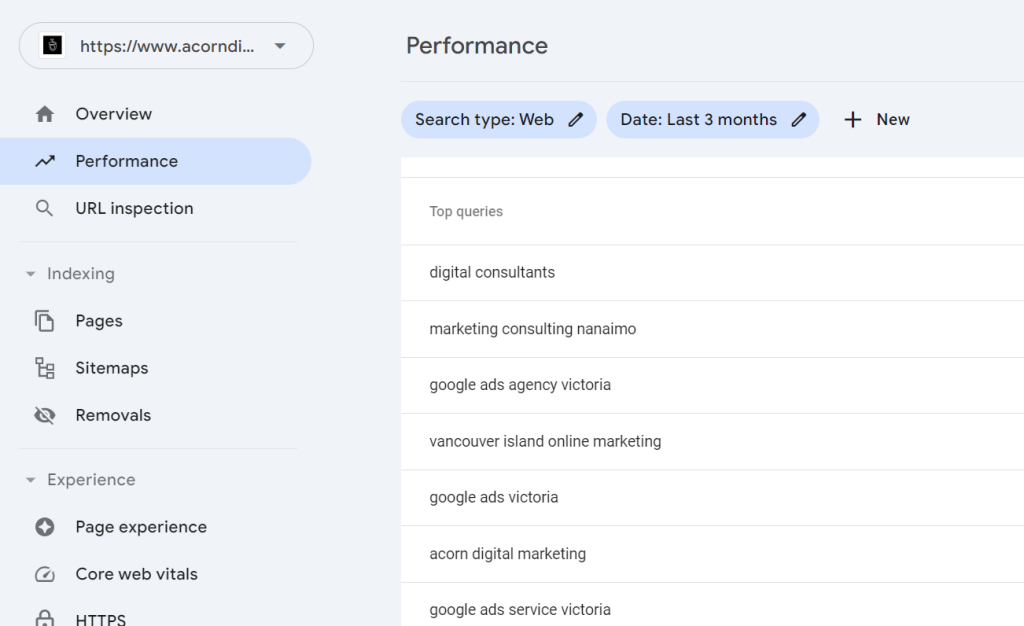How much do you pay for your leads?
It’s an honest question, and one that’s well worth thinking about – especially if you work with one or more Pay Per Lead (PPL) providers.
Maybe you’re in an industry where it’s relatively cheap, or one where you’re spending hundreds of bucks just for a single phone number.
In either case, the answer to that question is often painfully simple: too much.
Even if it’s within your means and delivering a positive return on investment (ROI), you’re most likely still getting overcharged.
The reason? Because to make the model viable, your PPL provider has to be getting those leads at a much lower cost than what they’re selling.
That means if they sell a lead for $200, they are probably getting it for $50-100 themselves.
It begs the question – if they can get a lead for half the listed cost, couldn’t you do the same and get more higher quality leads in-house?

Now for a quick aside, and please don’t get me wrong, but there are valid reasons to go for this model of lead acquisition.
You could be a newly up and running business, breaking into a strange new market, or maybe your own website technology stack isn’t where it needs to be to market in-house. In these cases, while you go through your growing pains, you might not be in a place to get the lead volume you need as fast as your own channels can deliver.
However, as your business matures (as well as your overall marketing strategy and deployment), you’ll likely find fewer and fewer reasons to work with providers who build their business around this provider model.
Though a common problem that we’ve seen, is that plenty of business never break free from this model even when they should.
Too many businesses keep wearing the proverbial training wheels for far too long, never letting their own brand, channels, and other assets do the work for them.
In cases like this, here are three reasons why you might want to consider your PPL strategy sooner rather than later.
1 – PPL Can Compete With (and Poach From) Your SEO Efforts
Search Engine Optimization (SEO) is the bread and butter of many successful businesses with an online presence – and even for brick and mortar stores that understand the importance of going digital.
SEO leads, in particular, are especially valuable for two reasons:
- They’re often highly qualified and in market, coming to your business because they want your services based on your brand keywords
- They’re effectively “free” in that each leads comes in from the initial or ongoing investment in SEO, rather than a PPL basis.
As long as your site is well optimized and your brand is getting some repeat visits and recognition, you should be in a fantastic spot to collect plenty of leads this way.
If you check your Google Search Console, you should be able to get an understanding of which terms are bringing in traffic for your site – and if you run a big site, you could be ranking for tons of keywords.

Doing so can also give you ideas for how to optimize your content and generate even more organic clicks for your keywords.
PPL providers, however, also typically know about the power of organic. Because of this, it’s not uncommon to find (pardon my Canadianism) somewhat greasy PPL providers whose sole strategy for lead gen is pursue easy organic terms – and ones your site is already optimized for!
Now, this can be a viable strategy for breaking into new markets – have your PPL provider pursue organic leads in another territory where your site has a weak presence. But in the case of businesses that only serve a single location (like, say, Victoria, BC), all you’ll end up seeing is competition with your own provider.
The result of this is that your site might end up receiving half of the traffic it normally would with the other half going to your provider (and not for free!).
2- If PPL Can Get Leads Cheaper Than They Are Selling, Then So Can You
As we mentioned earlier, in order for the PPL model to remain viable for the provider, they have to be getting the leads they sell you at a markedly better price than you are paying for them.
This isn’t inherently below board. PPL providers are service providers and they have a right to claim a premium for the leads the deliver and for their own service charges.
Three potential problems do arise here however:
- Lead prices often fluctuate. What happens when the leads you’re paying $100 go from the PPL provider’s side of costing $70 to $35? You don’t get twice the leads, the way you would if you were running advertising in-house. All that happens is the PPL provider gets a bigger bounty while you’re basically dealing with inflation.
- As your own channels begin to grow, along with interest for your business, it’ll become easier to gather organic leads simply by virtue of your market presence. If you’re leaning too heavily into PPL throughout your growth, you might end up buying more and more leads you would have already gotten.
- Compounding this, when your brand becomes strong, there’s an increasingly high chance that a modest investment in paid ads and sponsored content could reap some serious dividends. In other words, your own campaigns could be just as effective as those of your PPL provider, without the added service cost.
In other words, if you don’t start to look at the power of your own brand and channels as your business grows, you could be missing out on easy wins.
3 – If PPL leads are among your highest quality, they could be poaching branded leads
I’ve spoken to a couple of business owners over the years, and a lot of them said more or less the same thing to me:
“We love PPL because those leads have the highest conversion rates!”
“Great!” I always say, followed by, “but where are they getting these high quality leads?”
Most of the time, the business has no idea. While that’s not necessarily a red flag, it is worth looking into more closely.
Especially if you’re a fairly well-established business that’s not doing a lot of its own digital marketing.
The reason for this, and this is unfortunately part of the darker side of PPL that I alluded to in the title of this post, is that some of the shadier PPL providers go for low hanging fruit.
And the lowest hanging of all fruit is your own brand name and branded terms.
I’ve personally seen this more times than I like, where the PPL provider for a business – the one sending all the top quality leads – is actually just bidding on the brand name. This ensures they appear at the top of the search results (above the business’s own website) and can collect those leads before selling them back.
The big problem here, in case it wasn’t super clear, is that those high quality leads are ones your business would already have gotten EXCEPT for the fact that your PPL provider ensured their own portal would capture them first.
To be clear – there is a place for bidding on your own brand names.
- You might do this if your business is poorly established online (as if not appearing in the top results of the SERPs). New businesses often face this challenge.
- You might also do this if competitors are bidding on your name to sway visitors to their own sites (the way tons of businesses in the service industry do). Bidding on your name protects it.
What you never need to do is pay additional fees for traffic that would already be yours for free.
Wrapping things up
It’s no secret that I’m not the biggest fan of Pay Per Lead (PPL) marketing.
As I’ve tried to make clear, it’s not a worthless method of lead generation – but rather that it has its specific time and place for best results.
However, as soon as your business gets its legs (which can be pretty quick, especially for a restaurants, brewery, or other business in the service industry), there’s a good chance you’re overpaying for your own leads.
Is your business in need of high quality leads? While we don’t do the PPL model here at Acorn, we do deploy a number of proven lead generation strategies that include bolstering your SEO, A/B testing your lead forms, auditing your bottom of the funnel, and paid advertising.
If you’re interested in learning more, be sure to contact us!


